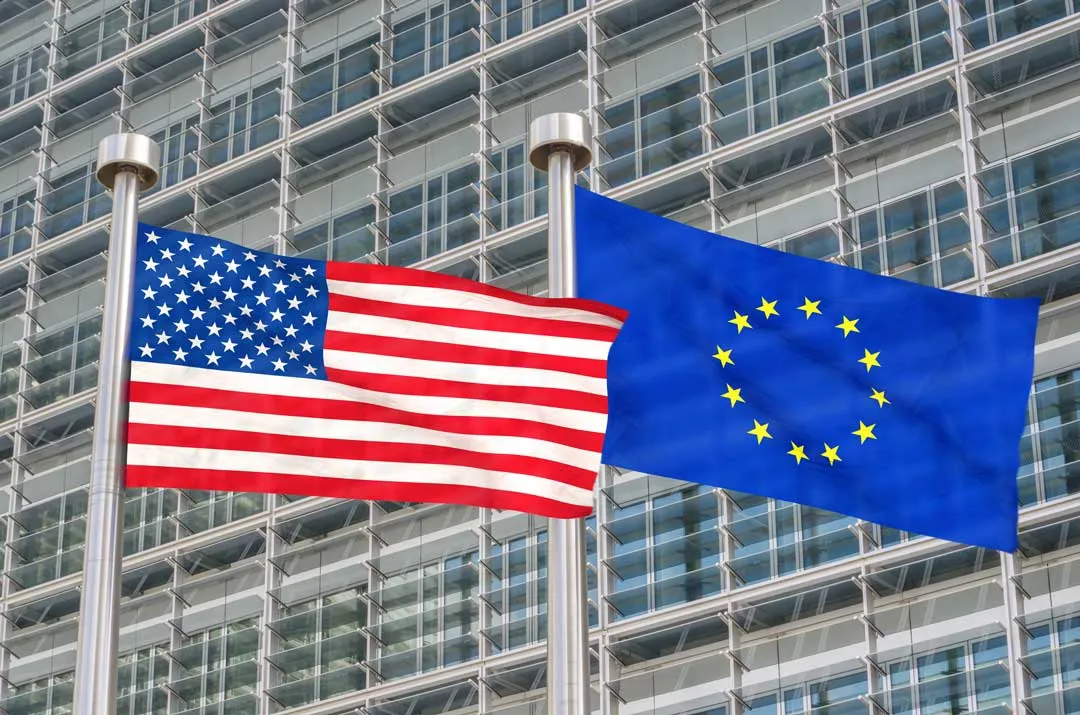Introduction
In a significant development, the European Commission has adopted its adequacy decision for the EU-U.S. Data Privacy Framework, signalling that the United States provides adequate protection for personal data flows from the European Union (EU) to U.S. companies under this new framework. This decision affirms that the data transferred between the EU and U.S. companies can be safely done without additional data protection measures. This is backed up by the new Data Protection Review Court (DPRC)
Binding Safeguards
The EU-U.S. Data Privacy Framework introduces a range of binding safeguards to address the concerns previously raised by the European Court of Justice. This Adequacy Decision include measures to limit access to EU data by U.S. intelligence services strictly to what is necessary and proportionate. Additionally, a Data Protection Review Court (DPRC) has been established, providing EU individuals with access to seek redress. The new framework represents a significant improvement over the mechanism that existed under the Privacy Shield.
Data Protection Review Court
One notable enhancement of the new framework is the authority of the DPRC. If the court determines that data has been collected in violation of the established safeguards, it will have the power to order the deletion of such data. The safeguards regarding government access to data will complement the obligations imposed on U.S. companies that import data from the EU.
Commenting on this Adequacy Decision development, President Ursula von der Leyen emphasized the importance of the EU-U.S. Data Privacy Framework in ensuring secure data flows for Europeans while providing legal certainty to companies on both sides of the Atlantic. The commitments made by the United States in establishing this new framework, following an agreement in principle reached with President Biden last year, are unprecedented. President von der Leyen stated that this step reinforces trust among citizens regarding the safety of their data, deepens economic ties between the EU and the U.S., and reaffirms shared values. The collaborative effort between the EU and the U.S. in addressing complex issues is highlighted as a testament to the efficacy of working together.
Company Commitment
Under the EU-U.S. Data Privacy Framework, U.S. companies can join by committing to comply with a detailed set of privacy obligations. These obligations include requirements to delete personal data when it is no longer necessary for the purpose for which it was collected and to ensure the continuity of protection when personal data is shared with third parties.
Data Subject Benefits
EU individuals will benefit from various avenues for redress in case their data is mishandled by U.S. companies. These avenues include free and independent dispute resolution mechanisms, as well as an arbitration panel.
EU individuals will have access to an independent and impartial redress mechanism concerning the collection and use of their data by U.S. intelligence agencies. A newly established Data Protection Review Court (DPRC) will oversee the investigation and resolution of complaints, with the ability to adopt binding remedial measures.
Access Restriction to Data
Furthermore, the U.S. legal framework incorporates several safeguards pertaining to the access of data transferred under the framework by U.S. public authorities, particularly for criminal law enforcement and national security purposes. Access to data is strictly limited to what is necessary and proportionate for the protection of national security.
The safeguards implemented by the United States will also facilitate transatlantic data flows more broadly, as they apply to data transferred using other mechanisms such as standard contractual clauses and binding corporate rules.
Conclusion
The adoption of the EU-U.S. Data Privacy Framework marks a significant milestone in strengthening data protection and privacy standards between the European Union and the United States. With this decision, both entities have taken a proactive step toward fostering trust, facilitating business operations, and safeguarding the rights of individuals in an increasingly interconnected and data-driven world.

